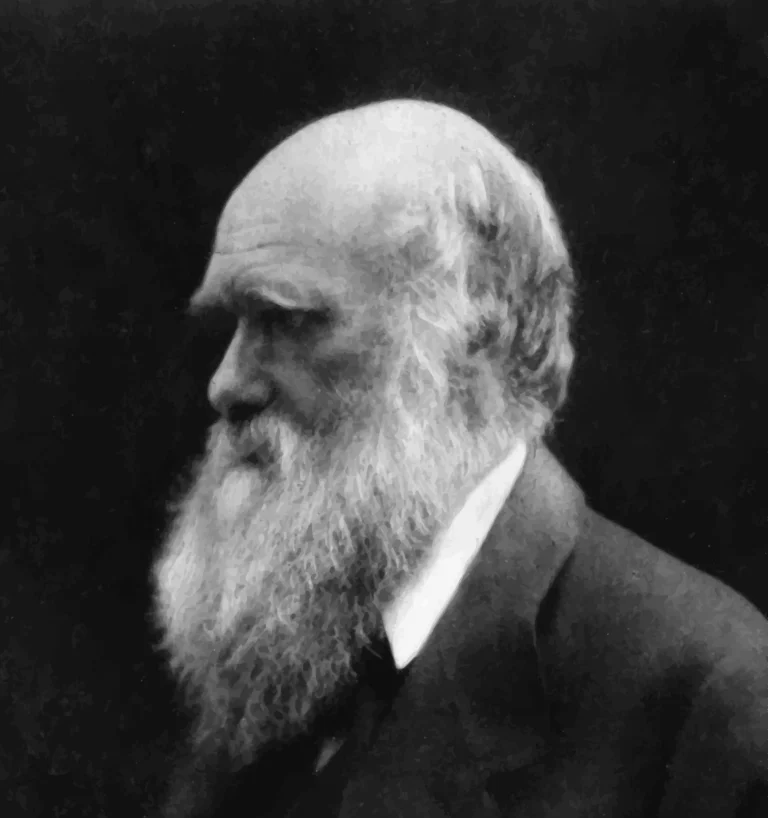
Charles Darwin’s 4-Hour Workday: The Surprisingly Productive Routine of a Scientific Genius
In an era where overwork is often glorified, Charles Darwin’s daily routine offers a compelling counter-narrative. Despite working only about four hours a day, Darwin made monumental contributions to science, including his theory of evolution.
Background
Born in 1809, Charles Darwin is renowned for his work ”On the Origin of Species,” which laid the foundation for evolutionary biology. His meticulous observations and experiments revolutionized our understanding of life on Earth.
Darwin’s Daily Routine:
Darwin’s schedule was both disciplined and balanced:
- 7:00 AM: Rose and took a short walk.
- 7:45 AM: Had breakfast alone.
- 8:00–9:30 AM: Worked in his study; considered this his most productive time.
- 9:30–10:30 AM: Read and answered letters.
- 10:30 AM–12:00 PM: Returned to work, often conducting experiments in his greenhouse.
- 12:00 PM: Took a walk, visiting his greenhouse and walking along the Sandwalk.
- 12:45 PM: Had lunch with his family.
- 3:00 PM: Rested in his bedroom, often listening to his wife read.
- 4:00–5:30 PM: Engaged in light work or correspondence.
- 6:00 PM: Rested again, followed by dinner and leisure activities like backgammon.
- 10:30 PM: Went to bed.
- Darwin Project
This routine, totaling about four hours of focused work, was interspersed with rest, walks, and family time.Luke McKernan

Theories and Implications
Darwin’s approach aligns with modern research suggesting that shorter, focused work periods can enhance productivity. His routine emphasizes the importance of rest and balance, challenging the notion that longer work hours equate to greater output.
Charles Darwin’s disciplined yet relaxed schedule demonstrates that quality of work often surpasses quantity. His life serves as a testament to the power of balance, focus, and rest in achieving extraordinary accomplishments.








